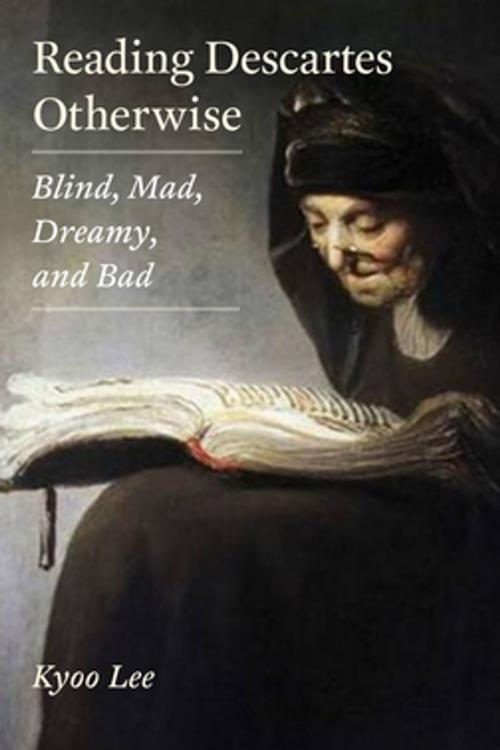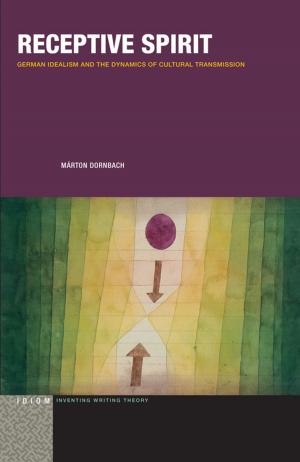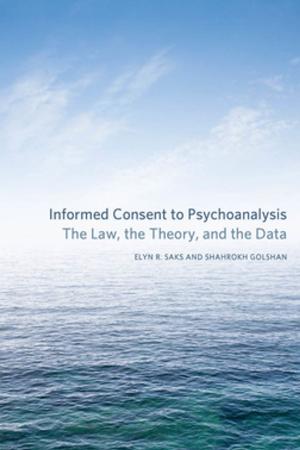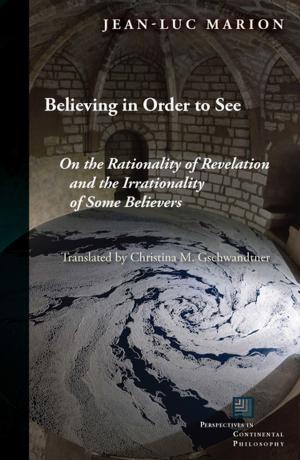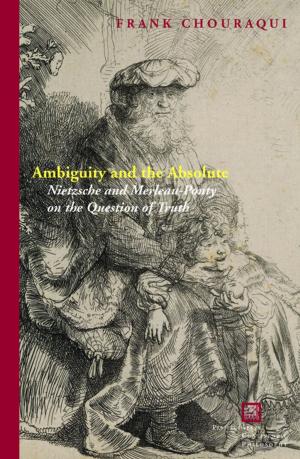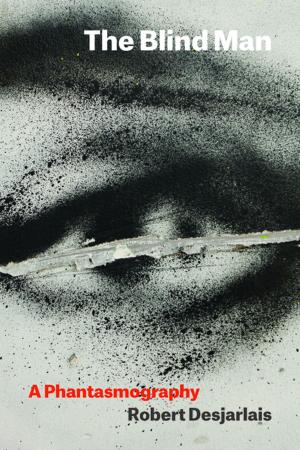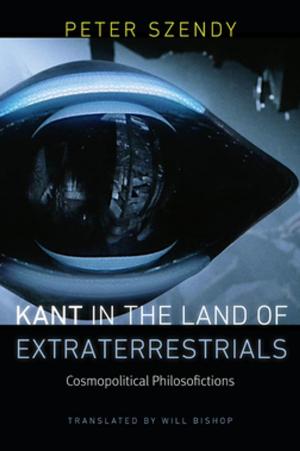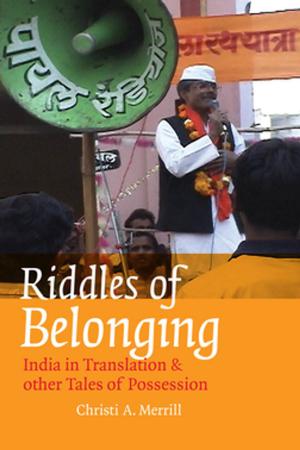Reading Descartes Otherwise
Blind, Mad, Dreamy, and Bad
Nonfiction, Religion & Spirituality, Philosophy, Phenomenology, Fiction & Literature, Literary Theory & Criticism, Theory| Author: | Kyoo Lee | ISBN: | 9780823261253 |
| Publisher: | Fordham University Press | Publication: | April 15, 2014 |
| Imprint: | Fordham University Press | Language: | English |
| Author: | Kyoo Lee |
| ISBN: | 9780823261253 |
| Publisher: | Fordham University Press |
| Publication: | April 15, 2014 |
| Imprint: | Fordham University Press |
| Language: | English |
Focusing on the first four images of the Other mobilized in Descartes’ Meditations—namely, the blind, the mad, the dreamy, and the bad—Reading Descartes Otherwise casts light on what have heretofore been the phenomenological shadows of “Cartesian rationality.” In doing so, it discovers dynamic signs of spectral alterity lodged both at the core and on the edges of modern Cartesian subjectivity.
Calling for a Copernican reorientation of the very notion “Cartesianism,” the book’s series of close, creatively critical readings of Descartes’ signature images brings the dramatic forces, moments, and scenes of the cogito into our own contemporary moment. The author patiently unravels the knotted skeins of ambiguity that have been spun within philosophical modernity out of such clichés as “Descartes, the abstract modern subject” and “Descartes, the father of modern philosophy”—a figure who is at once everywhere and nowhere. In the process, she revitalizes and reframes the legacy of Cartesian modernity, in a way more mindful of its proto-phenomenological traces.
Focusing on the first four images of the Other mobilized in Descartes’ Meditations—namely, the blind, the mad, the dreamy, and the bad—Reading Descartes Otherwise casts light on what have heretofore been the phenomenological shadows of “Cartesian rationality.” In doing so, it discovers dynamic signs of spectral alterity lodged both at the core and on the edges of modern Cartesian subjectivity.
Calling for a Copernican reorientation of the very notion “Cartesianism,” the book’s series of close, creatively critical readings of Descartes’ signature images brings the dramatic forces, moments, and scenes of the cogito into our own contemporary moment. The author patiently unravels the knotted skeins of ambiguity that have been spun within philosophical modernity out of such clichés as “Descartes, the abstract modern subject” and “Descartes, the father of modern philosophy”—a figure who is at once everywhere and nowhere. In the process, she revitalizes and reframes the legacy of Cartesian modernity, in a way more mindful of its proto-phenomenological traces.
